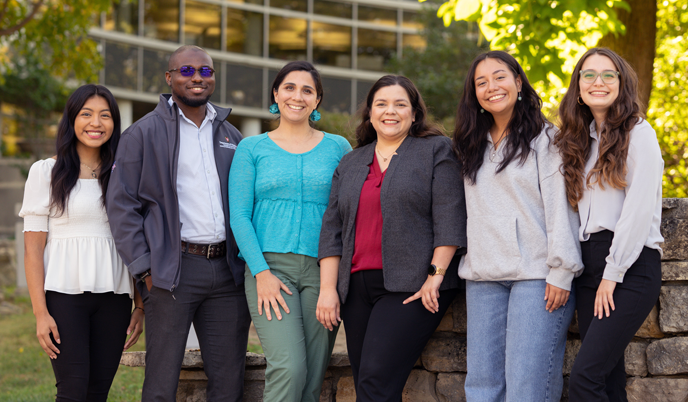
Medical students prepare to meet rising Latino dementia care needs
Researchers in Madison are partnering with a Milwaukee-based Latino community center on a new, culturally competent elective course for students at the University of Wisconsin School of Medicine and Public Health. The course is focused on training the next generation of doctors in dementia care for the Latino community.

Maternal blood pressure program expands to help women facing health risks
A UW Health and UnityPoint Health – Meriter program designed to monitor blood pressure during pregnancy and after birth to decrease health complications and hospital readmissions is expanding outside the hospital walls.
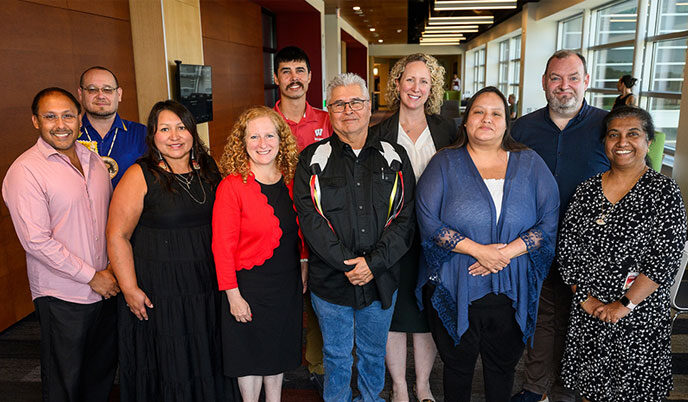
Trust is key to collaborating with Native community
From their home near the forested lakes of Mole Lake, Wisconsin, the Tribal Council of the Sokaogon Chippewa Community (SCC) traveled to the University of Wisconsin–Madison, where they were welcomed by health sciences and biomedical researchers and staff.
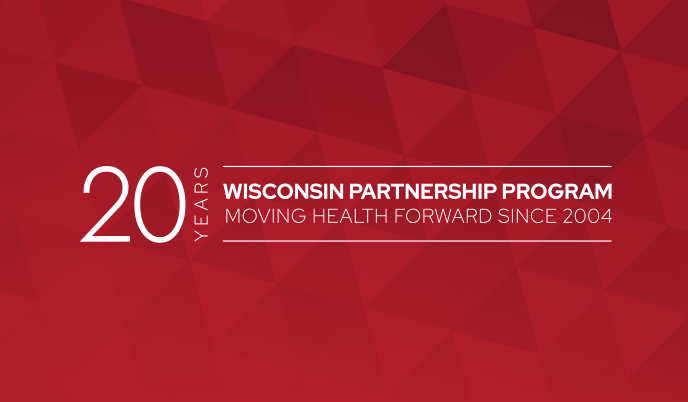
Grants power two decades of statewide impact
The university’s medical school would not be the UW School of Medicine and Public Health without the Wisconsin Partnership Program (WPP), celebrating its 20th anniversary this year.

RISE-THRIVE initiative focuses on immunology and healthspan
The UW School of Medicine and Public Health will play a significant role in the newest area of focus for the Wisconsin Research, Innovation and Scholarly Excellence (RISE) initiative: RISE-THRIVE, aimed at advancing health and improving lives.
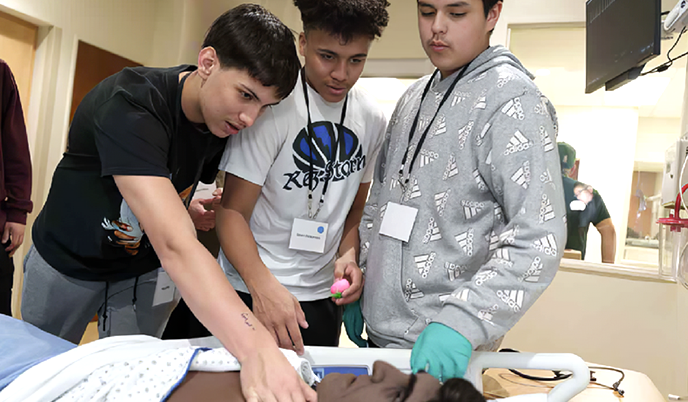
Showcasing health careers for Native students
For the 20th anniversary of Indigenous Health and Wellness Day, organizers knew the keynote speaker had to be someone special. They wanted to draw as many middle and high school students as possible to UW–Madison on April 26 for this long-running recruitment event, and they were looking for a person students could relate to, with a compelling story to tell.
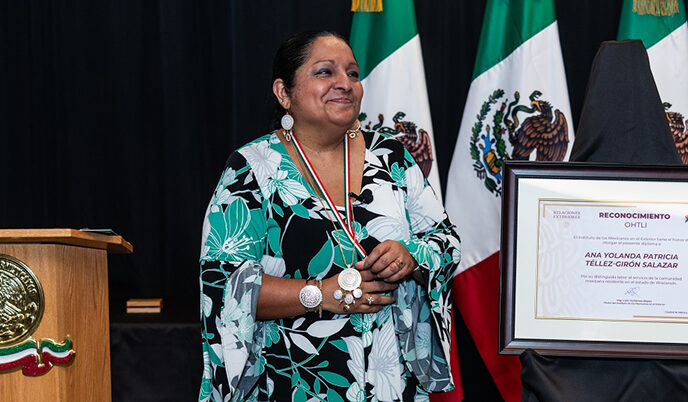
Téllez-Girón earns prestigious Ohtli Award from Mexican government
Dr. Patricia Téllez-Girón, associate professor of family medicine and community health at the University of Wisconsin School of Medicine and Public Health, is the esteemed face of health care and education in Madison’s Latinx/e community and across Wisconsin. In celebration of her efforts, this month she received the Ohtli Award, the highest recognition awarded by the government of Mexico to a Mexican community leader in the United States or other countries.

UW awards funding to improve maternal, child health throughout Wisconsin
The University of Wisconsin School of Medicine and Public Health has awarded four grants to help health systems and community partners in the state improve the health outcomes of mothers and their infants during the prenatal and postpartum periods.
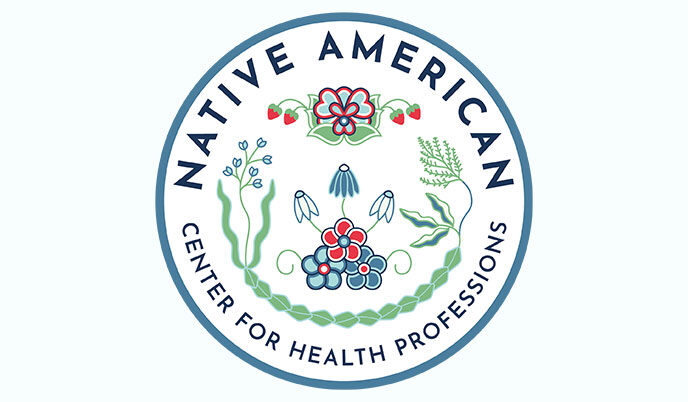
UW Native American Center for Health Professions receives funding to expand recruitment of indigenous students into health professions
A University of Wisconsin School of Medicine and Public Health center will be expanding its effort to recruit more American Indian/Alaska Native people into health professions.

UW School of Medicine and Public Health accepting applicants for grants to improve maternal and child health
Nonprofit health organizations in Wisconsin seeking to improve the health outcomes of mothers and their infants during the prenatal and postpartum periods have until May 30 to apply for funding from the University of Wisconsin School of Medicine and Public Health.
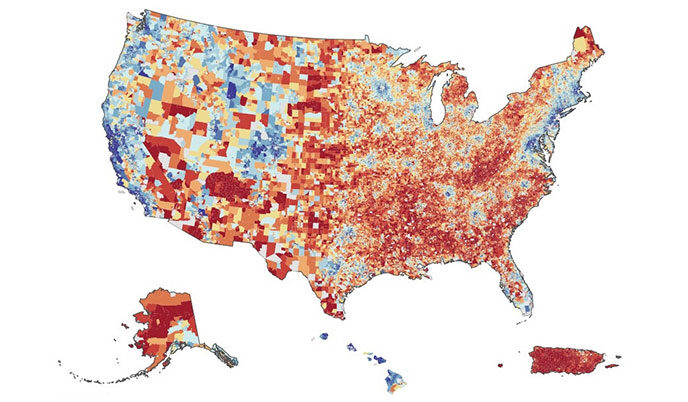
Federal agency uses UW–Madison Neighborhood Atlas research to shape national health policy
A data tool developed by UW–Madison researchers showing health-relevant metrics for every neighborhood in the United States is guiding a national model to help Medicare beneficiaries from under-resourced communities access health care more effectively.

Affordable Care Act slashed uninsured rate among people with diabetes
The Affordable Care Act (ACA) provided health insurance for an estimated 1.9 million people with diabetes, according to a newly published study.